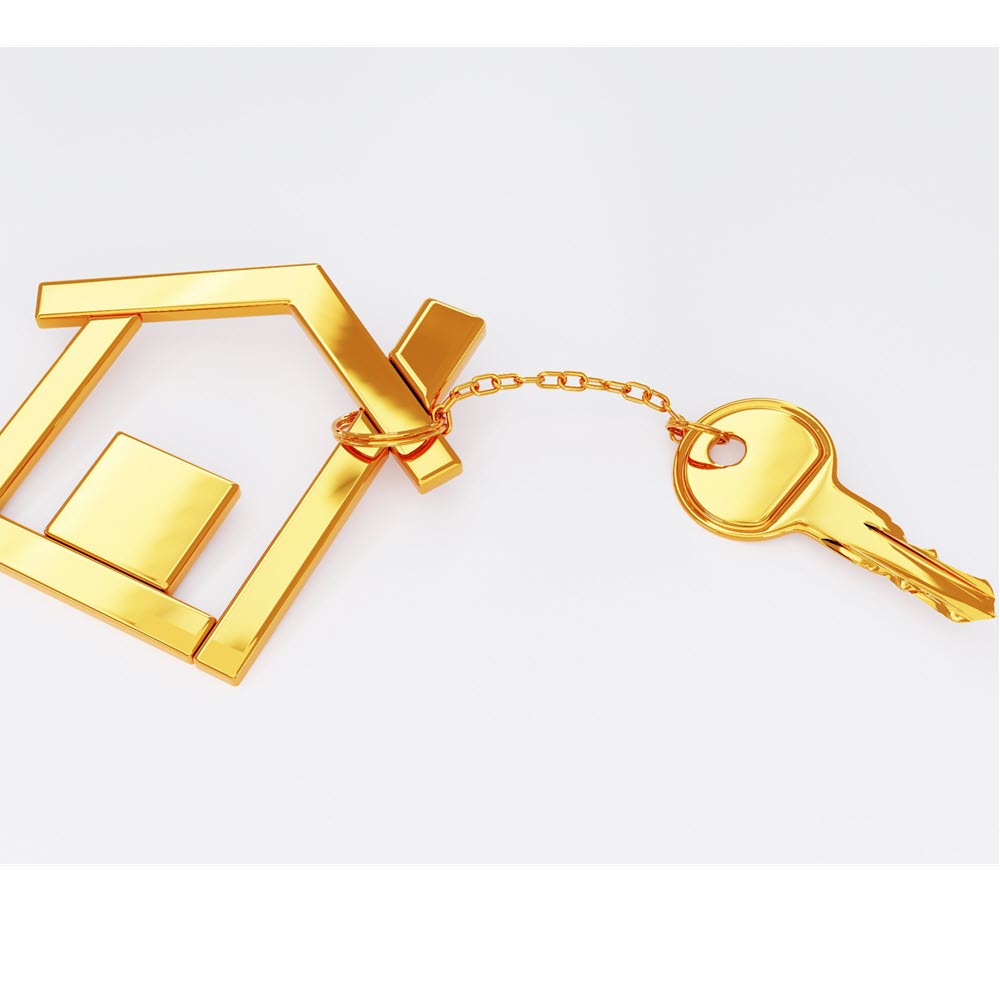When someone is arrested, they may need to post bail to secure their release from jail. Often, a bail bond is used to cover this amount if the defendant or their family can’t pay it upfront. Bail bond companies step in as guarantors, paying the bail for a fee — usually a percentage of the total amount (12% in Louisiana).
To reduce risk, bail bond companies often require collateral in addition to the fee. But what exactly is collateral, why is it necessary, and what can be used as collateral? Here’s an overview.
What Is Collateral in Bail Bonds?
Collateral is an asset offered by the defendant or someone on their behalf to back up the bail bond. It serves as a safeguard for the bond company if the defendant doesn’t show up in court. If the defendant meets all court obligations, the collateral is returned. If not, the bond company can take the collateral to cover its losses.
Why Do Bail Bond Companies Require Collateral?
Posting bail comes with significant financial risk for bond companies. If the defendant misses court, the company must pay the entire bail amount. Collateral provides a way for the company to recover its costs if this happens.
Collateral is more likely to be required when:
- The bail amount is high.
- The defendant has a history of missing court.
- The defendant lacks strong ties to the community or financial stability.
Essential Requirements for Collateral
Here are some key factors to consider when providing collateral:
- Sufficient Value
The collateral must be valuable enough to cover the bail amount. For instance, if bail is set at $10,000, you’ll need to provide an asset of at least that value. - Easily Convertible to Cash
Collateral should be easy to sell for cash if needed. Assets like cars are preferred since they can be sold quickly, while items like antiques might not be suitable. - Real and Transferable
The collateral must be something you own and can legally transfer. Vehicle titles and property deeds are examples of suitable items. - Not Already Pledged
Collateral can’t be tied up with another loan or bond. For instance, if you’ve mortgaged a property, it may not qualify.
Common Types of Collateral
Bail bond companies accept a variety of items as collateral, including:
- Real Estate: Property like houses or land is commonly used, provided it has significant equity.
- Vehicles: Cars, trucks, and motorcycles can be used if they are fully owned.
- Jewelry and Precious Metals: Valuable items such as jewelry or gold are often accepted, sometimes requiring appraisal.
- Stocks and Bonds: Some companies accept securities as collateral, which they hold until the case is closed.
- Bank Accounts: Cash can sometimes be used, with funds held by the company until obligations are met.
- Paychecks: Regular income can serve as collateral with a payroll deduction, though it’s less common and has specific requirements.
- Personal Property: In some cases, high-value items like electronics or artwork may qualify.
What Happens to Collateral After the Case?
Once the defendant has fulfilled all court requirements, the collateral is returned, usually within 30 days after the case is closed. However, if the defendant doesn’t meet the terms, the bond company can seize and sell the collateral. If the value doesn’t cover the full amount, the company may take additional steps to recover its loss.
In Summary
Collateral is a critical part of securing a bail bond, providing assurance for the bond company in case the defendant doesn’t comply with court orders. A range of assets can serve as collateral, from real estate to personal belongings. It’s essential to understand the terms and ensure compliance with court requirements to avoid losing valuable assets.
About Bail Bonds St. Tammany
Bail Bonds St. Tammany is a local bonding company. With several locations throughout the state of Louisiana, we service St. Tammany Parish Jail in Covington, Livingston Parish Jail in Livingston, Jefferson Parish Jail in Gretna, Tangipahoa Parish Jail in Amite, St. John Parish Jail in Laplace, and many more.
For more than 20 years in the industry, Bail Bonds St. Tammany has been providing both families and individuals with expedient and efficient bail service. We are reliable at any time, day or night. We are always here for our clients and we treat people who require bail as people, not criminals. There is no way of knowing the circumstances behind what has happened to an accused, and we firmly believe in “innocent until proven guilty.” This respectful approach to our clients is part of what makes Bail Bonds St. Tammany better than the competition.
We process all bond payments securely, and our friendly staff is efficient and hardworking, getting all the required paperwork done as quickly as possible. We do not want loved ones to stay in custody longer than necessary. Our bail bondsman will make the entire process of obtaining bail simple and painless. Let industry knowledge work for you.
We offer payment plans, too. For more details on the types of bail bonds we offer, and to get started, call any of our locations, or fill out an online form.




